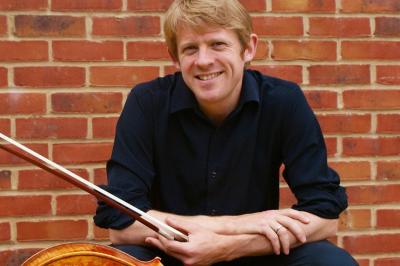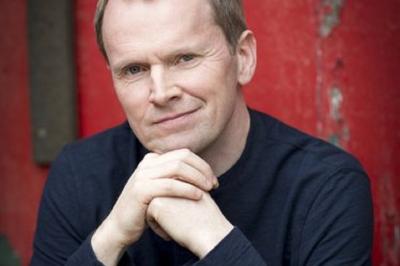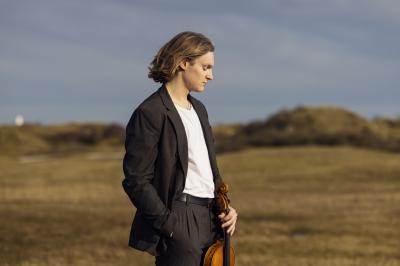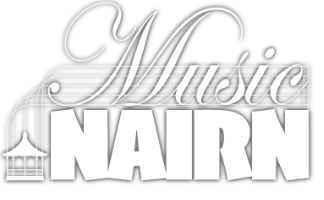Gould Trio + Robert Plane
The Gould Trio and clarinettist Robert Plane have been firm favourites with Nairn audiences for many years, but their latest concert for Music Nairn very nearly didn't happen. Delayed by a broken car wheel, the musicians only arrived once the capacity audience were all in place, and it is a testimony to their utter professionality that they immediately launched into a wonderfully convincing concert of unexpected treats. The 19th-century French composer Louise Ferrenc is a remarkable figure gradually reemerging from undeserved neglect, and her opus 44 Clarinet Trio proved to be a delightfully lyrical work. A virtuoso pianist in her own right, Ferrenc also demonstrated a thorough understanding of the clarinet and the cello, imaginatively exploring the various textures offered by the three instruments. If for 1865 Ferrenc's sound-world appears relatively conservative, her unerring craftsmanship and fertile melodic imagination proved superbly engaging. Robert Plane's gleaming clarinet tone and flawless technique served to emphasise this work's considerable merits, while cellist Richard Lester and pianist Ben Frith invested their parts with considerable dynamic energy.
As violinist Lucy Gould replaced her clarinettist husband onstage, we moved from a largely unknown piece to a staple of the Piano Trio repertoire, Brahms' C-minor Trio op 101. It was striking how much the musical world had changed in the twenty years since Ferrenc's Trio, as Brahms' wonderfully declamatory piece seemed to announce a new musical age. Positively symphonic in its stature, this Trio seems constantly to transcend its chamber music scale. Enjoying the potential of the recently refurbished Music Nairn Steinway grand, Ben Frith conjured wonderfully rich chordal passages matching flamboyant gestures from his colleagues. However, this was a performance where swaggering heroics contrasted rewardingly with beautifully subtle episodes of breathtaking beauty.
The second half opened with a rather lightweight set of Variations by Beethoven, predating his glory days as a young virtuoso pianist/composer in Vienna. There is nothing so transient as wit, and perhaps something of the charm of these rather inconsequential variations on a pretty but basic original theme has been dissipated by the passing centuries. The Trio did their very best to breathe life into this chamber bon-bon, and being Beethoven, the composer is unable to avoid occasional episodes of profundity.
If Louise Ferrenc's obscurity seems puzzling, the fact that none of us, including the performers, had until recently heard of the composer Walter Rabl is extraordinary. At the age of just 23 in 1896 Rabl won a prestigious Vienna Musicians' Society competition with a richly imaginative Quartet for clarinet, violin, cello and piano, later published as his opus 1. One of the judges was Brahms, and it is easy to see what the great master found to admire in such a brahmsian chamber work. But there is much more to this piece than cod Brahms, with intriguing pre-echoes of Mahler and Richard Stauss. How inexplicable then that after producing a few more works, this promising talent gave up composing entirely at the age of thirty, devoting his life instead to conducting, coaching and accompanying. A beautifully eloquent and utterly compelling performance by the full ensemble left me wondering how many other masterpieces are languishing in musical archives awaiting rediscovery.
Forthcoming Events






